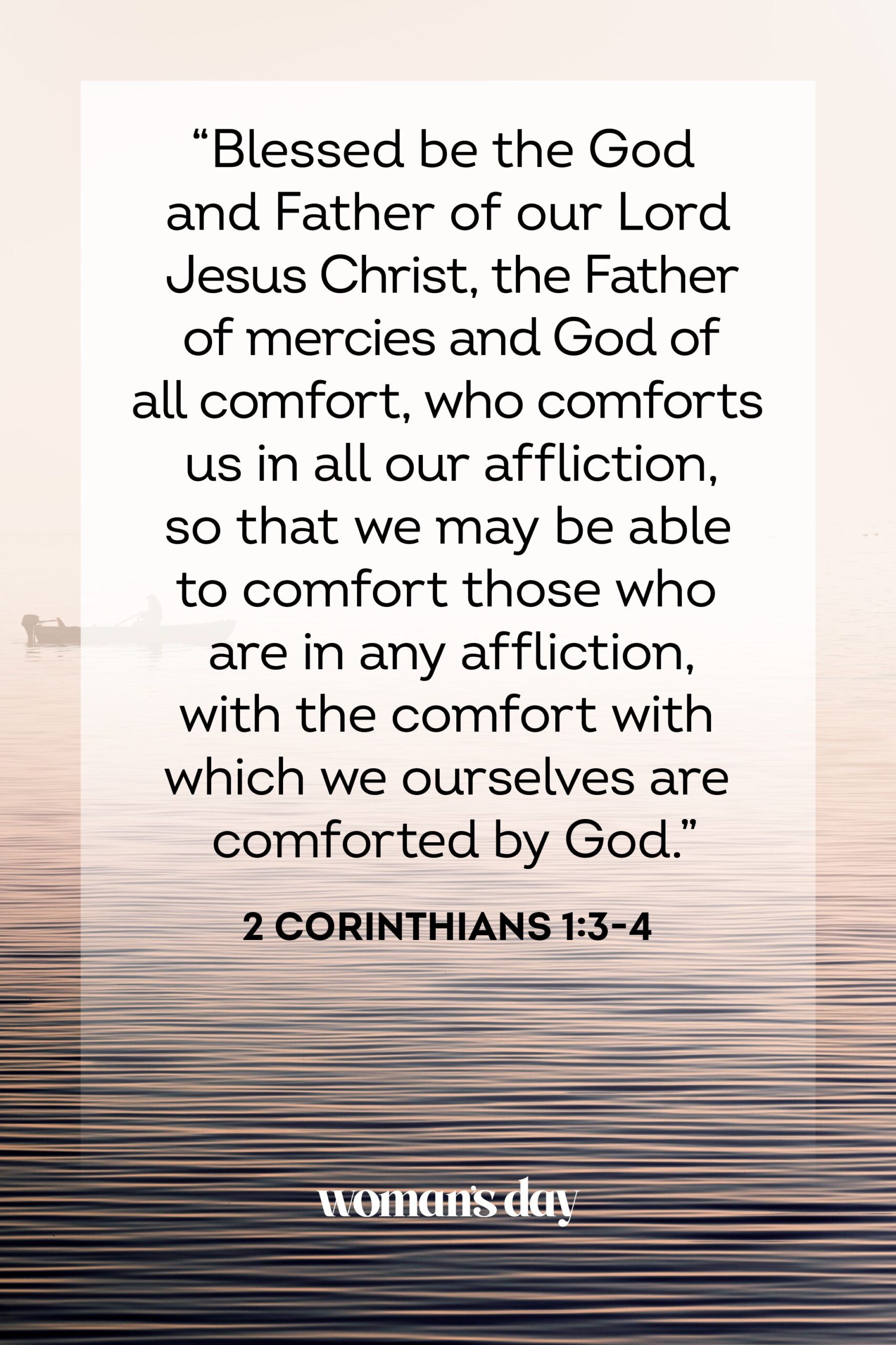Praying to the dead is a topic that has been debated for centuries. The Bible, as the ultimate source of guidance for Christians, offers insight into this matter. In this article, we will explore what the Bible says about praying to the dead.
Understanding The Background Of Praying To The Dead
Praying to the dead is a practice that has been around for centuries, with roots in ancient civilizations such as Greece and Rome. The belief was that the dead, who were seen as closer to the gods, could intercede on behalf of the living and help them to receive blessings or protection.
Does The Bible Condemn The Practice Of Praying To The Dead?
The Bible does not explicitly condemn the practice of praying to the dead. However, it does warn against the worship of false gods and any form of idolatry. The First Commandment states, “You shall have no other gods before me” (Exodus 20:3). This means that Christians are called to worship God alone, and not to turn to other beings, including the dead, for help or guidance.
The Bible Emphasizes Praying To God Alone
The Bible places great emphasis on the importance of praying to God alone. In the book of John, Jesus teaches his disciples to pray directly to God, saying, “When you pray, go into your room and shut the door and pray to your Father who is in secret. And your Father who sees in secret will reward you” (Matthew 6:6).
This idea is reinforced throughout the New Testament, where the writers emphasize the importance of a personal relationship with God and the power of prayer. Christians are called to approach God with faith and to pray for guidance and support, trusting that he hears and answers their prayers.
The Bible Teaches The Resurrection Of The Dead
The Bible teaches that there is a resurrection of the dead, both for those who believe in God and for those who do not (John 5:28-29). According to this belief, the dead are not capable of interceding for the living, as they are awaiting judgment.
This means that Christians are not to pray to the dead, as they cannot offer assistance or protection. Instead, Christians are called to pray directly to God and to trust in his power and love.
The Bible’s Teaching On Intercession
While the Bible does not condone the practice of praying to the dead, it does teach about the concept of intercession. Intercession refers to the act of praying on behalf of others, and is an important part of Christian prayer. The Bible instructs believers to pray for one another, and to offer intercession for those in need (James 5:16).
In the New Testament, we see examples of intercession in the prayers of Jesus and the apostles. For example, Jesus prayed for his disciples before his crucifixion, asking that God would protect them and give them strength (John 17:1-26). Similarly, Paul wrote in his letters about his prayers for the churches he founded, asking God to give them wisdom, courage, and strength (Ephesians 1:15-23).
The Bible’s Teaching On Saints And Martyrs
The Bible also teaches about saints and martyrs, who are those who have died in faith and are now with God in heaven. While these individuals cannot be prayed to, the Bible encourages Christians to remember them and to be inspired by their faith and witness.
For example, in the book of Hebrews, the author writes about the “cloud of witnesses” that surrounds believers, reminding them of the faith of those who have gone before them (Hebrews 12:1). The author also encourages believers to “run with perseverance the race marked out for us” and to “fix our eyes on Jesus, the pioneer and perfecter of faith” (Hebrews 12:1-2).
The Importance Of Seeking God’s Will In Prayer
Ultimately, the Bible teaches that prayer is about seeking God’s will and guidance, rather than asking for specific outcomes or favors. In the Lord’s Prayer, Jesus taught his disciples to pray, “Your kingdom come, your will be done, on earth as it is in heaven” (Matthew 6:10). This means that Christians are called to pray for God’s kingdom to come and for his will to be done, rather than asking for specific blessings or protection.
Conclusion
In conclusion, the Bible teaches that Christians are called to pray to God alone and to seek his will and guidance in prayer. While the Bible does not condone the practice of praying to the dead, it does teach about the importance of intercession and the witness of saints and martyrs. The ultimate goal of Christian prayer is to seek God’s will and to trust in his love and power, rather than asking for specific outcomes or blessings.
Read Also:






